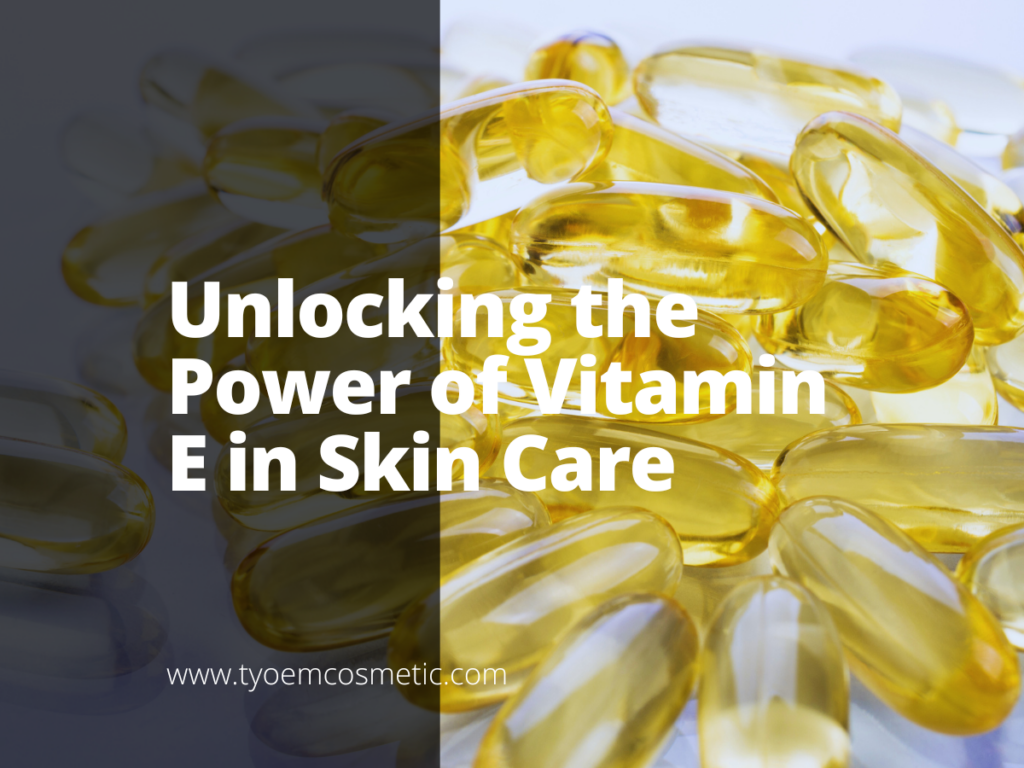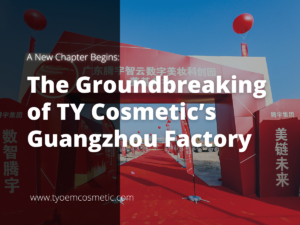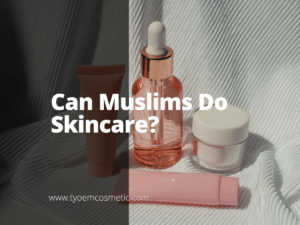Have you ever wondered why Vitamin E is hailed as a skincare superhero? The answer lies in its remarkable skin-nourishing properties.
With years of expertise in dermatology and skin care, I’m here to guide you through the transformative effects of Vitamin E.
Vitamin E skin care is more than just a trend; it’s a game-changer in the world of beauty and wellness. Its antioxidant properties and ability to fight skin aging make it a must-have in any skincare regimen.
In this article, we’ll dive into the science behind Vitamin E and explore how it can elevate your skin care routine.
Keep reading to unlock the full potential of Vitamin E in skin care.
1. Overview of Vitamin E
Vitamin E, commonly known as tocopherol, is a key nutrient with profound effects on skin health and overall well-being. It is predominantly found in various foods, including nuts, seeds, and leafy greens, and is also available as a dietary supplement. Vitamin E is prized for its powerful antioxidant properties, which play a critical role in protecting skin cells from damage.
This nutrient is fat-soluble, meaning it is absorbed and stored in the body’s fatty tissues, allowing it to provide lasting benefits to the skin. The distinct advantage of Vitamin E lies in its ability to fortify the skin’s natural barrier, enhancing its defense against environmental aggressors like UV radiation and pollution.
2. The Science Behind Vitamin E
At the heart of Vitamin E’s effectiveness in skin care is its potent antioxidant activity. Antioxidants are crucial in neutralizing free radicals – unstable molecules that can cause oxidative stress leading to cellular damage. This oxidative stress is a key factor in the aging process, contributing to the development of fine lines, wrinkles, and other signs of aging.
According to Healthline, Vitamin E’s antioxidant properties enable it to effectively fight these free radicals, thereby helping to preserve the skin’s youthful appearance. Its role in skin care is further amplified by its ability to absorb the energy from ultraviolet (UV) light, reducing UV-induced damage to the skin, which is vital for preventing premature aging and maintaining skin health.
Here’s a table summarizing the science behind Vitamin E’s role in skincare, focusing on its antioxidant properties and ability to mitigate skin damage:
| Aspect | Description | Benefit in Skincare |
| Antioxidant Activity | Vitamin E is a potent antioxidant that neutralizes free radicals. | Protects skin cells from oxidative stress, reducing cellular damage. |
| Combating Free Radicals | Free radicals can cause oxidative stress, leading to aging signs. | Vitamin E helps in fighting these free radicals, preserving skin’s youthfulness. |
| Reducing Signs of Aging | Oxidative stress contributes to fine lines, wrinkles, and other aging signs. | Regular use of Vitamin E can help diminish these signs, promoting a more youthful appearance. |
| UV Protection | Vitamin E can absorb energy from ultraviolet (UV) light. | Reduces UV-induced skin damage, crucial for preventing premature aging. |
| Skin Health Maintenance | Helps in maintaining overall skin health and appearance. | Ensures healthier, more resilient skin over time. |
3. Benefits of Vitamin E for Skin
Vitamin E stands out for its versatility in addressing a range of skin concerns, from hydration to repair. Here are its benefits, showcasing its multifaceted role in enhancing skin health and beauty:
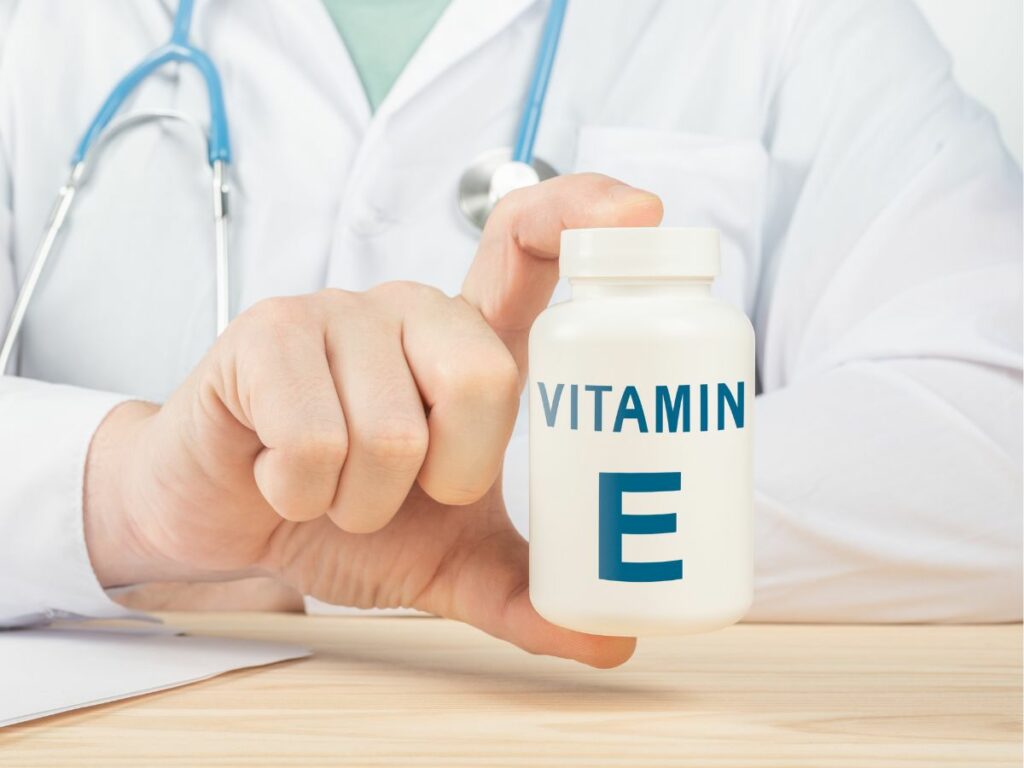
Hydration and Nourishment
Vitamin E excels in its ability to deeply hydrate and nourish the skin. It functions by locking in moisture, which is crucial for maintaining a healthy skin barrier. This hydration effect is especially beneficial for those with dry or flaky skin, as it helps to reduce the appearance of dryness-induced lines and rough patches. Vitamin E imparts a natural radiance to the skin, making it a go-to ingredient in moisturizers and hydrating serums.

Soothing and Healing
Vitamin E’s soothing effects are particularly beneficial for sensitive or irritated skin. It offers relief from inflammation and redness, which is invaluable for those with skin conditions like eczema, rosacea, or after exposure to the sun. Vitamin E accelerates the skin’s natural healing process, which is essential in reducing the appearance of scars, blemishes, and other skin imperfections.
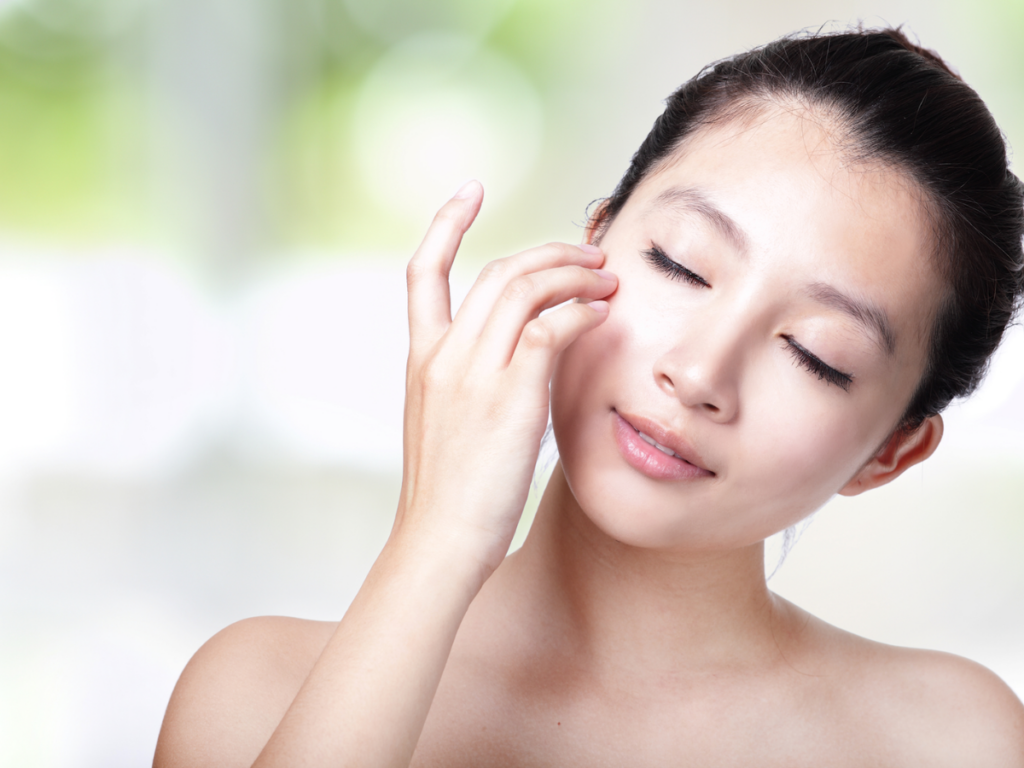
Enhancing Skin Tone and Texture
Consistent use of Vitamin E can significantly improve the overall tone and texture of the skin. It works effectively to reduce the visibility of hyperpigmentation, dark spots, and uneven skin areas, contributing to a more uniform and radiant complexion. The nutrient’s role in promoting skin cell turnover is also vital in refining the skin’s texture.
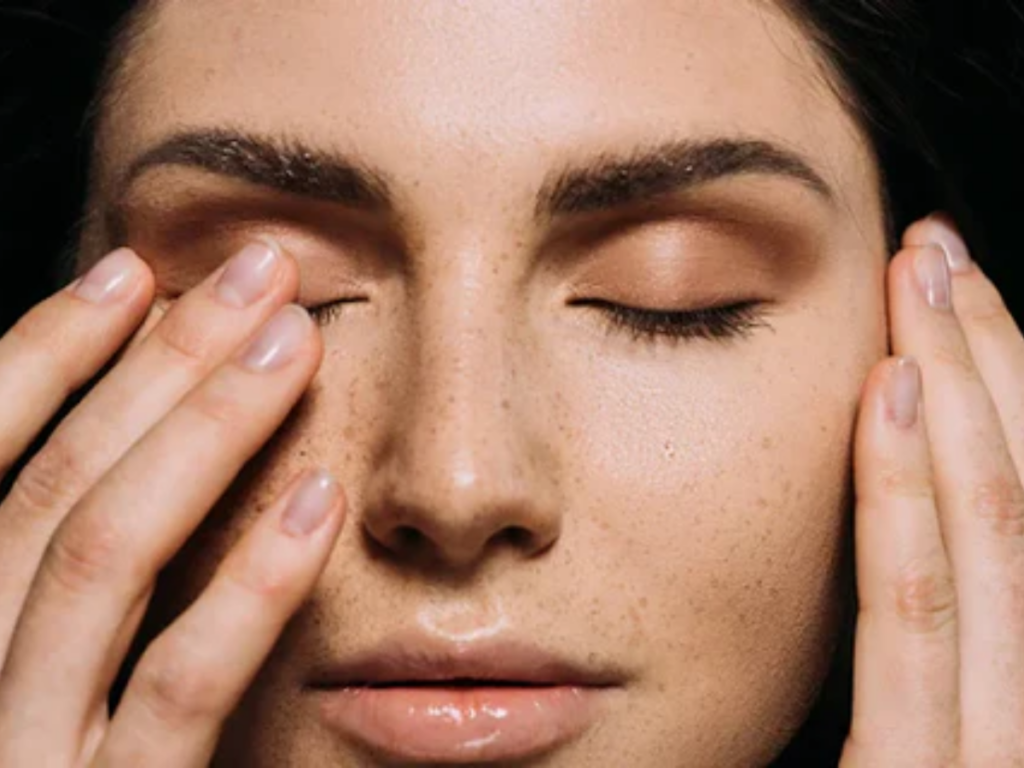
4. Vitamin E for Specific Skin Concerns
Vitamin E’s efficacy extends beyond general skin health, addressing specific skin concerns with remarkable precision. Below are various skin issues where Vitamin E can be tailored to develop targeted skincare solutions:
Aging Skin
Vitamin E is a powerhouse in fighting the visible signs of aging. This makes it an essential ingredient in anti-aging products, providing a defense against the wear and tear that daily life imposes on the skin. Vitamin E can significantly improve skin texture, making it appear more youthful and vibrant. This is particularly beneficial for mature skin types, where the need for effective anti-aging solutions is pronounced.
Sensitive Skin
Sensitive skin can greatly benefit from the soothing properties of Vitamin E. According to Linas Pauling Institute, concentrations of vitamin E between 0.1%-1.0% are generally considered safe and effective to increase vitamin E levels in the skin. This nutrient helps in strengthening the skin’s barrier function, reducing its vulnerability to irritants and allergens.
Dry and Dehydrated Skin
Dry and dehydrated skin can find relief with Vitamin E’s exceptional hydrating properties. It helps in retaining moisture within the skin, alleviating the discomfort of dryness. For skincare formulations aimed at dry skin, Vitamin E is a crucial ingredient, as it provides deep hydration, restoring the skin’s natural moisture balance. This repair mechanism is vital for preventing moisture loss and protecting the skin from external elements.
5. The Dos and Don’ts of Using Vitamin E
Vitamin E is key to leveraging its benefits effectively. The list below provides essential tips on what to do and what to avoid, ensuring optimal results for various skin types and concerns:
The Do’s of Vitamin E
- Combine with Compatible Ingredients: Utilize Vitamin E in conjunction with other antioxidants like Vitamin C for enhanced skin protection and repair.
- Optimize Concentration Levels: At TY Cosmetic, it is ensured that the concentration of Vitamin E is appropriate for the specific product’s purpose, balancing efficacy and skin tolerance.
- Apply Strategically for Targeted Results: Use Vitamin E-based products that are specifically formulated for certain skin issues, such as serums for aging skin or moisturizers for dry skin types.
- Conduct Patch Tests for New Products: Always recommend a patch test for clients when introducing a new Vitamin E-infused product, particularly for those with sensitive skin.
The Don’ts of Vitamin E
- Overuse on Problematic Skin Types: Avoid excessive application of Vitamin E on oily or acne-prone skin to prevent clogged pores and potential breakouts.
- Disregard Product Freshness: Be mindful of the shelf life and storage conditions of Vitamin E products to maintain their effectiveness.
- Carelessly Mix with Other Ingredients: Refrain from combining Vitamin E with certain skin care ingredients without understanding their compatibility to prevent skin irritation.
- Overlook Individual Skin Needs: Avoid treating Vitamin E as a universal solution; consider different formulations and concentrations based on individual skin types and needs.
6. Comparing Vitamin E with Other Skin Care Vitamins
For skincare brands and professionals, it’s crucial to understand how Vitamin E compares to other essential vitamins in skin care. The comparisons here, will aid in formulating products that effectively meet diverse skin needs and concerns:
Vitamin E vs. Vitamin C
Vitamin E and Vitamin C are both powerful antioxidants, but they serve different roles in skin care. Vitamin E is known for its moisturizing and healing properties, making it ideal for dry and damaged skin. It helps in strengthening the skin’s barrier and provides deep nourishment.
On the other hand, Vitamin C is celebrated for its brightening effects and ability to reduce hyperpigmentation. It boosts collagen production, which is essential for firm and youthful skin. When used together, these vitamins offer a comprehensive approach to skin care, addressing issues from hydration to skin tone.
Vitamin E vs. Vitamin A
Vitamin E and Vitamin A, commonly known as retinol, differ significantly in their skin care applications. Vitamin E is gentle and suitable for most skin types, providing hydration and protection against environmental stressors. It’s an excellent choice for sensitive skin that may not tolerate harsher ingredients well.
Retinol, however, is a potent ingredient known for its anti-aging properties. It accelerates cell turnover, helping to reduce fine lines and wrinkles. While retinol is highly effective, it can be irritating to some skin types, unlike Vitamin E, which is generally well-tolerated and soothing.
Vitamin E vs. Vitamin B3
Vitamin E and Vitamin B3, or niacinamide, serve different purposes in skin care. Vitamin E is a hydrating and protective agent, beneficial for dry and mature skin. It helps in repairing and replenishing the skin, maintaining its health and vitality.
Niacinamide, on the other hand, is known for its ability to regulate sebum production and minimize pores. It’s an effective ingredient for oily and acne-prone skin, helping to balance and clarify the complexion. While Vitamin E focuses on nourishment, niacinamide targets skin texture and oil control.
Vitamin E vs. Vitamin D
Vitamin E and Vitamin D play distinct roles in skin health. Vitamin E is primarily used for its antioxidant and moisturizing benefits, helping to protect the skin from oxidative stress and maintain its hydration. It’s a key ingredient in many topical skincare products.
Vitamin D, however, is not typically used in topical skincare formulations. Its primary role in skin health relates to its production in the body through sunlight exposure, which is essential for overall health, including the skin. Vitamin D’s benefits are more systemic, unlike the targeted benefits of topical Vitamin E.
7. 4 Factors to Consider for Vitamin E Skin Care Products
Creating or choosing Vitamin E-based products requires careful consideration of various factors. The following considerations ensure that Vitamin E’s benefits are fully harnessed to meet the diverse needs of consumers:
#1 Selecting the Appropriate Form of Vitamin E
In skincare formulations, the choice of Vitamin E form is critical. The most common form, tocopherol, is highly beneficial but varies in potency and stability. Tocopheryl acetate, a derivative, is less potent but more stable, making it suitable for longer shelf-life products. The decision hinges on balancing the desired skin benefits with the product’s stability and longevity.
For manufacturers like TY Cosmetic, understanding and balancing these nuances is key to developing successful skincare products. This careful consideration ensures that the products not only harness the full potential of Vitamin E but also meet the high standards expected by consumers.
#2 Balancing Vitamin E Concentration
The concentration of Vitamin E in a product significantly influences its efficacy and suitability for different skin types. An optimal concentration ensures effective delivery of benefits without risking skin irritation. This is particularly important in products aimed at sensitive or acne-prone skin, where high concentrations of Vitamin E might be counterproductive.
For instance, combining Vitamin E with Vitamin C enhances its antioxidant effects, but it may not be compatible with certain acids or retinoids. Formulators must consider these interactions to create products that are not only effective but also safe for various skin types.
#3 Packaging and Preservation of Vitamin E Products
Packaging plays a vital role in preserving the integrity of Vitamin E in skincare products. Exposure to air and light can degrade Vitamin E, diminishing its benefits. Therefore, products should be packaged in air-tight, opaque containers to prevent oxidation and maintain efficacy throughout the product’s shelf life.
Packaging that protects the product’s efficacy while appealing to the target market can enhance the product’s attractiveness. Brands must strike a balance between functional and aesthetic packaging to ensure product stability and market appeal.
#4 Customizing Products for Target Markets
Tailoring Vitamin E products to specific market segments is key for brands and businesses. This involves understanding the unique needs of different skin types, such as creating lighter formulations for oily skin and richer products for dry skin.
For instance, products targeting aging skin might focus on Vitamin E’s antioxidant properties, while those for damaged skin might emphasize its healing benefits. Understanding and catering to these specific needs can help brands develop more targeted and effective skincare solutions.
Dive Deeper Into Our Resources
Interested in discovering more? Gain instant access to our diverse range of products:
For some insightful reads, we’ve curated a list of recommended articles just for you:
- Skincare Formulas: What You Need to Know
- Top 9 Best Private Label Skin Care Brands in India: A Comprehensive Guide
Still haven’t found what you’re looking for? Don’t hesitate to contact us. We’re available around the clock to assist you.
Conclusion
Vitamin E is more than just a buzzword in the skincare industry. Its multifaceted benefits, ranging from enhanced skin hydration to protection against oxidative damage, make it an indispensable ingredient in any product formulation.
At TY Cosmetic, we take pride in our reputation as experts in Skincare Formula. If you’re aiming to enhance your brand with customized skincare products, we are ready to turn your vision into reality. Reach out to us to discover personalized skincare solutions designed specifically for you!


